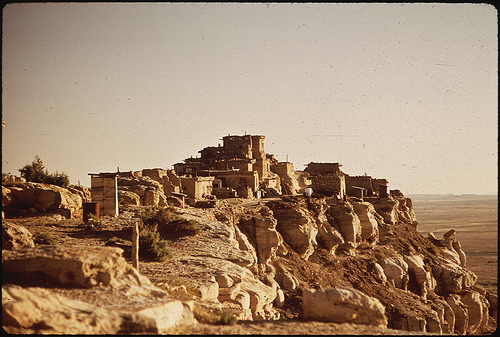Everybody is talking about globalization. People love it, hate it, fear it, worry about it – reactions to globalization are – ironically – as individual as the people having the reaction.
We talk about globalization when we worry about the ‘free market’, the massive changes created by the Internet and telecommunications, Americanization, Islamization, the World Bank, national sovereignty, cultural identity…
We’re afraid that the shrinking world in which we live, with fewer and fewer ways to control the movement of goods, services and people – and almost no way to control the movement of ideas – will mean our cultures and languages and identities will disappear into some big, scary melting pot where everything will lose its vibrancy and come out a bad, bland shade of beige.
Resisting the ever increasing movement of society towards becoming a global village is a waste of time. It’s like resisting the tide and the wind – impossible – but like the tide and the wind we can learn to accept the natural movement of humanity towards unity and harness it’s power to help us.
Village Earth – our home – let’s get together and work out how to unleash it’s potential.
__________________________________________________________________
Photograph – Ancient Hopi Village of Wopi – Terry Eiler – U.S. National Archives’ Local Identifier: 412-DA-1928
- http://dancewithtruth.wordpress.com/2011/09/08/for-the-world/
- http://nrhatch.wordpress.com/2011/09/18/get-real-be-here-now/
- http://creativeconflictwisdom.wordpress.com/2011/01/30/top-thirty-conflict-tips-from-the-great-thinkers/
- http://enermazing.wordpress.com/2011/08/14/life-a-roller-coaster-or-a-trolley-ride/#more-463
(Thanks to Pat for the namexxxx!!!)

Change . . . is constant.
Embrace what resonates . . . and let the rest drift away on the tides.
The only constant, Nancy – I love this Oscar Wilde quotation –
“The only thing that one really knows about human nature is that it changes. Change is the one quality we can predicate of it. The systems that fail are those that rely on the permanency of human nature, and not on its growth and development. The error of Louis XIV was that he thought human nature would always be the same. The result of his error was the French Revolution. It was an admirable result.”